In today's fast-paced digital landscape, understanding media law is more crucial than ever for both content creators and consumers. Navigating the complexities of copyright, defamation, and privacy issues can be daunting, but it doesn't have to be. This article is designed to break down these legal intricacies in a conversational and approachable manner, ensuring you're well-informed and empowered. So, let's dive in and explore the essential aspects of media law together!
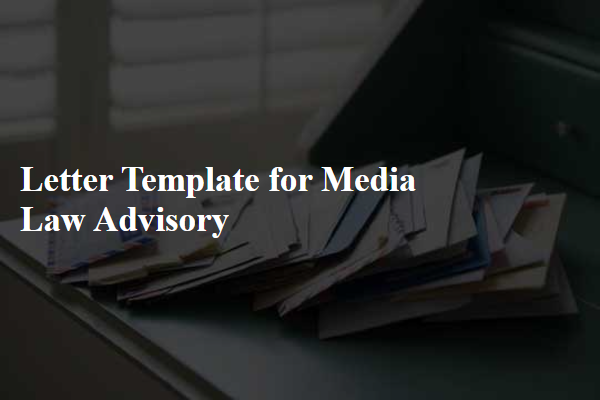
Introduction and Purpose
Media law encompasses a wide range of legal principles governing the production and distribution of content across various platforms, including television, radio, and the internet. The primary purpose of media law is to protect freedom of expression while balancing the rights of individuals and organizations. Issues such as copyright infringement, defamation, censorship, and privacy rights often arise within this legal framework, impacting journalists, content creators, and media outlets. Understanding these laws is critical for ensuring compliance and mitigating legal risks in media operations. This advisory aims to provide guidance on key legal considerations affecting media practices, helping professionals navigate the complexities of media law effectively.
Legal Obligations and Compliance
Legal obligations for media organizations encompass various regulatory frameworks, including the Communications Act of 1934 in the United States and the General Data Protection Regulation (GDPR) in Europe. These laws dictate the criteria for broadcasting content, ensuring compliance with ethical standards to protect audiences. Intellectual property rights, particularly copyright laws, enforced under Title 17 of the U.S. Code, require content creators to respect proprietary works, imposing penalties for unauthorized use. Media entities must also adhere to truth-in-advertising regulations governed by the Federal Trade Commission (FTC), prohibiting deceptive marketing practices. Additionally, privacy laws dictate the collection, use, and storage of personal data, mandating transparency with consumers regarding their data handling practices. Violations can result in significant fines or legal action, emphasizing the need for thorough legal compliance in media operations.
Content Structure and Guidelines
Media law advisory provides essential direction for editorial practices within journalism and broadcasting. Legal frameworks, such as the First Amendment, govern freedom of speech in the United States, while the UK adheres to the Defamation Act 2013, which influences reporting standards. Ethical considerations, including accuracy and fairness, are crucial when covering sensitive topics like sexual assault or political scandals. Journalists must adhere to copyright laws, ensuring proper attribution to sources under the Berne Convention guidelines, preventing legal repercussions. Additionally, understanding privacy laws, such as the General Data Protection Regulation (GDPR) in Europe, is vital for safeguarding personal information in digital content. Lastly, compliance with media regulations from bodies like the Federal Communications Commission (FCC) ensures adherence to broadcasting standards, maintaining public trust and accountability.
Intellectual Property Rights
Intellectual Property Rights (IPR) serve as crucial legal instruments designed to protect creators' innovative works, including inventions, literary pieces, and artistic expressions within various jurisdictions like the United States and the European Union. Copyrights safeguard original works of authorship, which encompass music, literature, and film, while patents, valid for a period of 20 years, protect new inventions or processes from unauthorized use. Trademarks differentiate goods or services through distinctive signs, logos, or names, fostering brand recognition in competitive markets. Infringement of these rights can lead to substantial legal consequences, including civil lawsuits and monetary damages, emphasizing the importance of rigorous adherence to IPR regulations for businesses and individuals. Additionally, international treaties like the Berne Convention and the TRIPS Agreement play influential roles in harmonizing IPR standards across borders, promoting global innovation and cultural diversity.
Crisis Management and Mitigation Strategies
Crisis management strategies are vital for organizations navigating legal challenges in today's complex media landscape. Effective communication plans, including timely press releases and social media management, are essential during high-stakes events, such as legal disputes or public controversies. Implementing a crisis response team, consisting of legal experts and public relations professionals, ensures comprehensive responses to protect brand reputation. Media training for key spokespersons can enhance message delivery and minimize the risk of miscommunication. Documenting incidents and developing an ongoing crisis communication strategy reinforce preparedness, ensuring proactive rather than reactive measures. Additionally, monitoring media sentiment through analytics tools can provide insight into public perception, enabling timely adjustments to communication approaches.

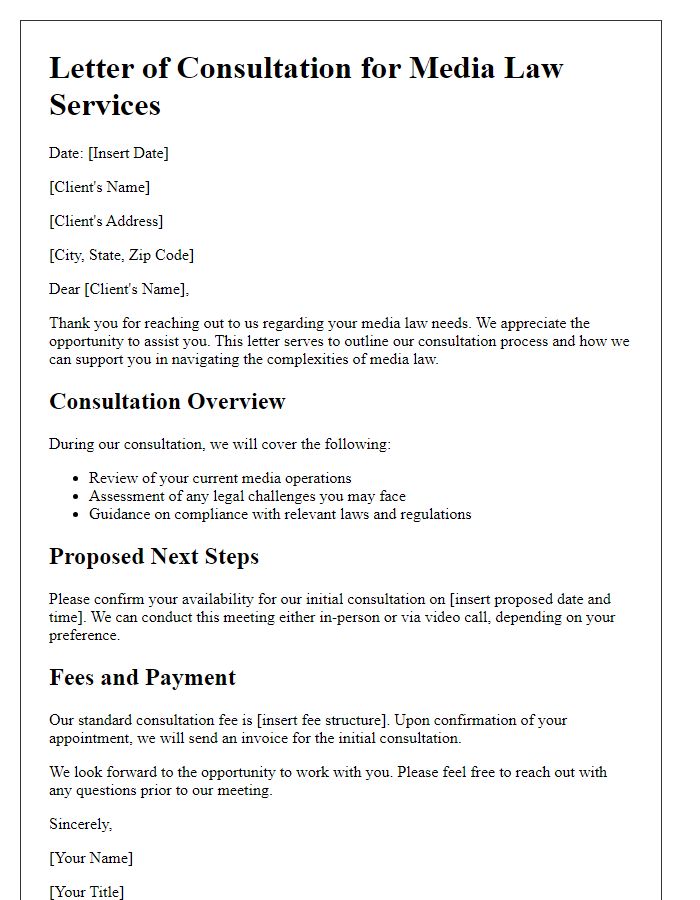
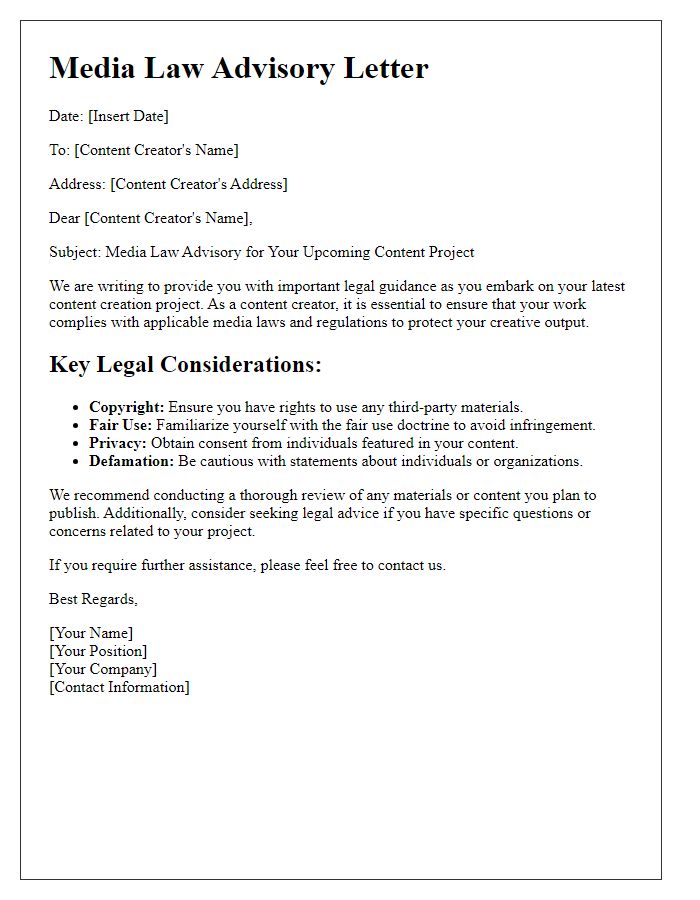
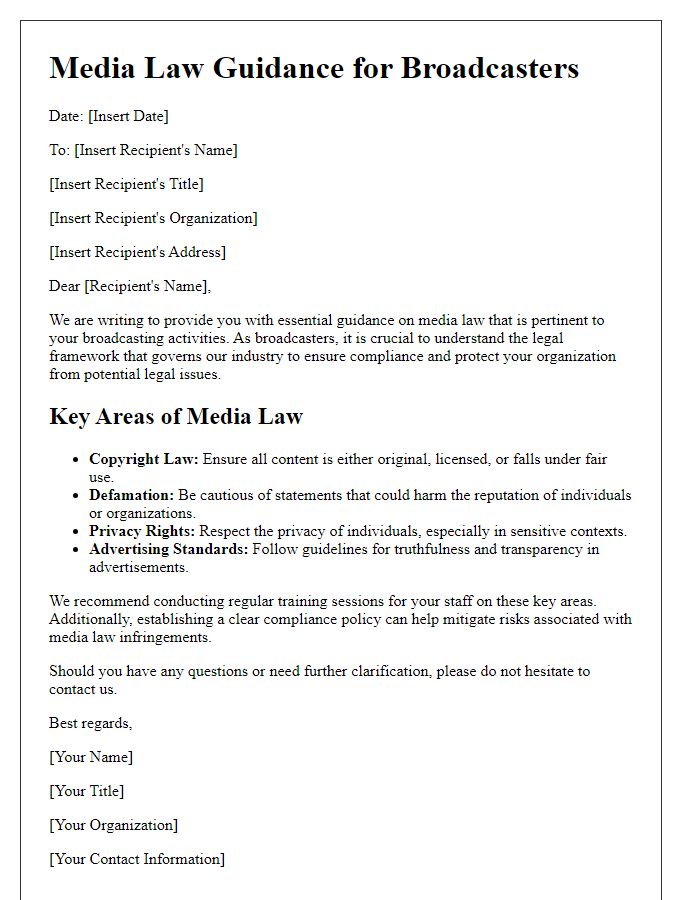
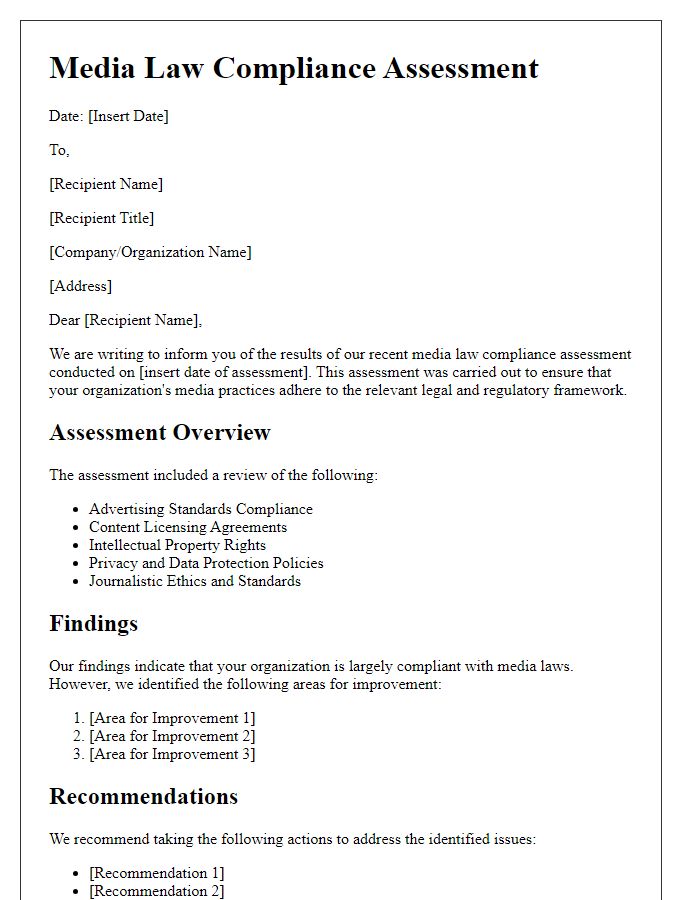
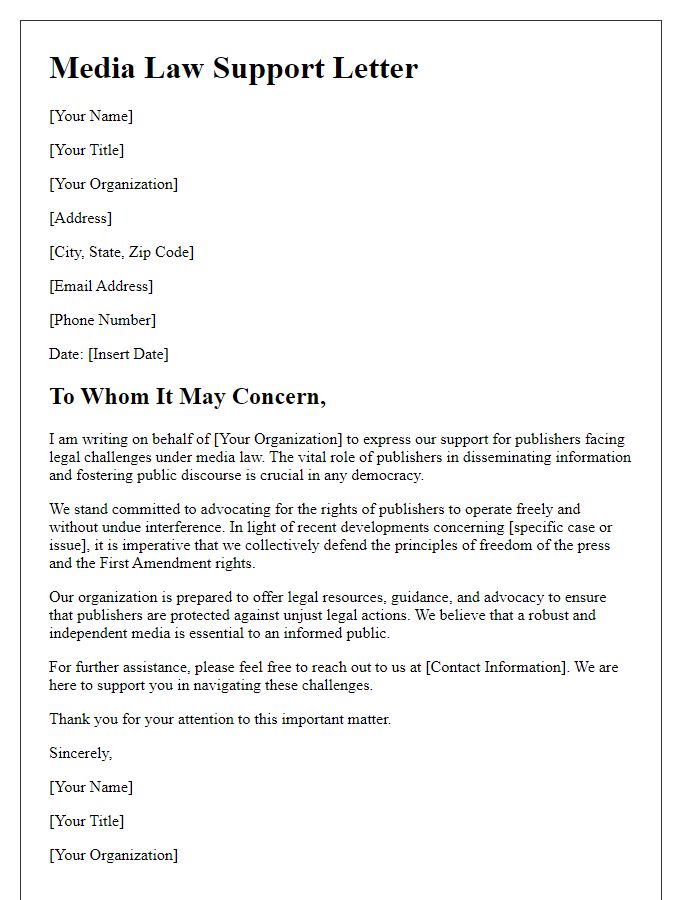
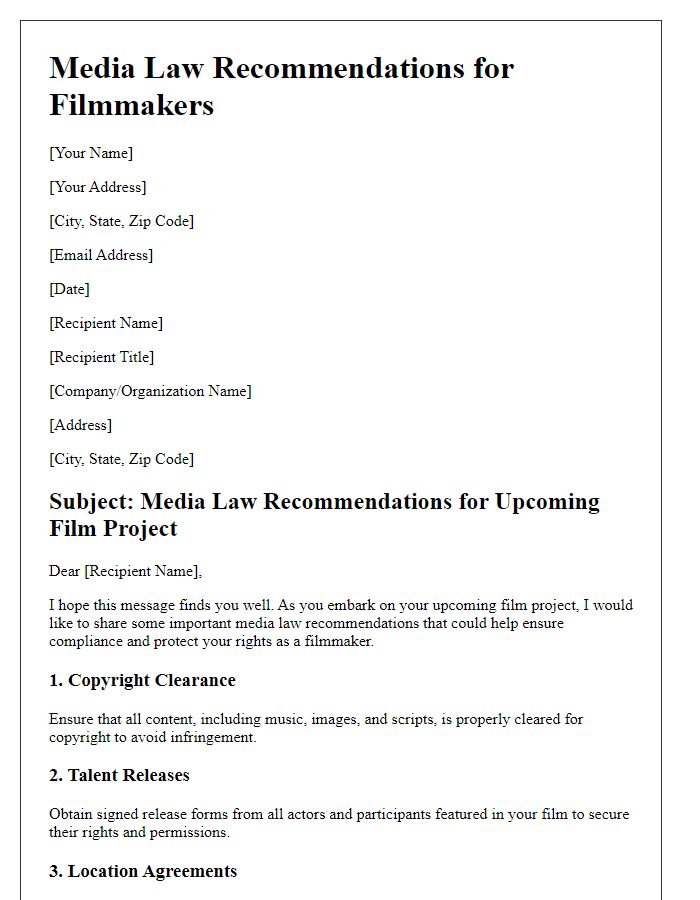
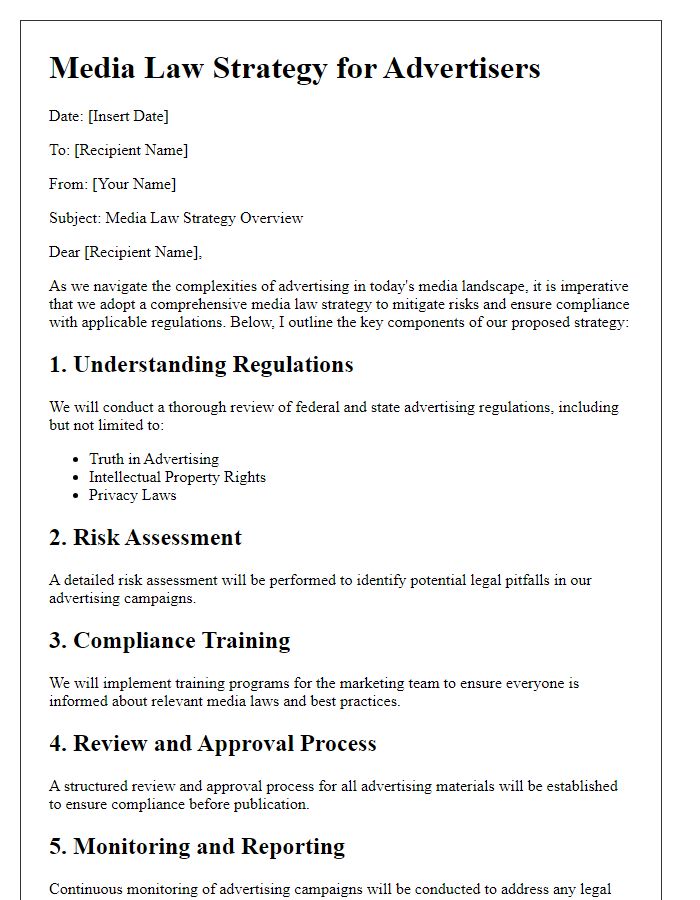
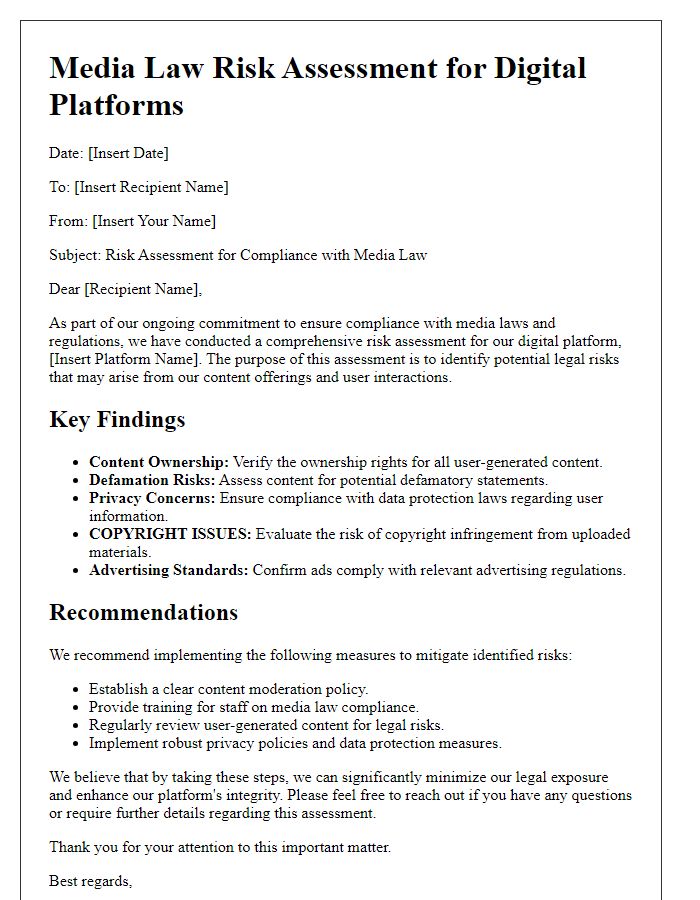
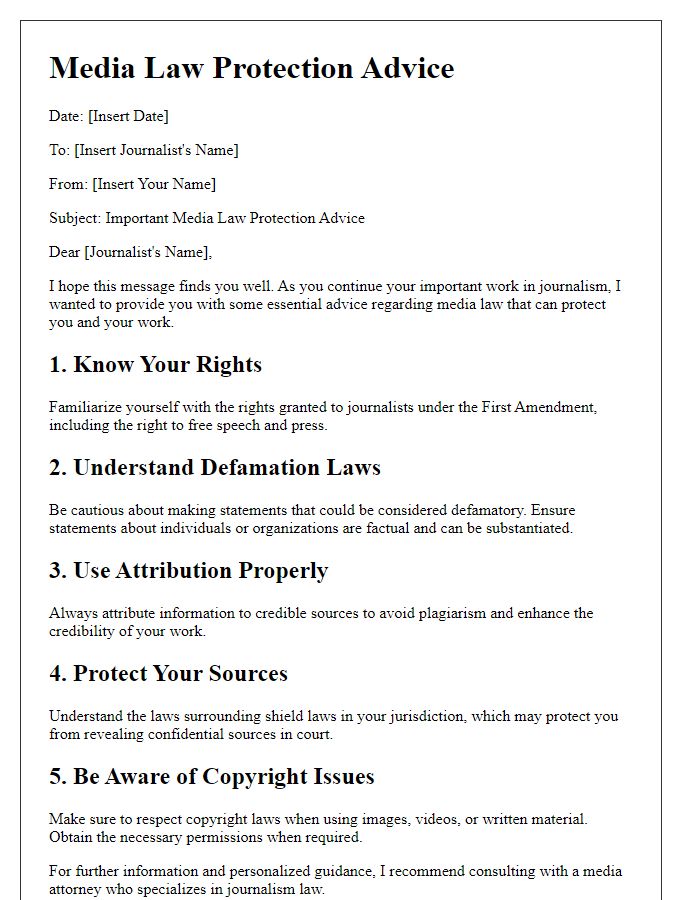
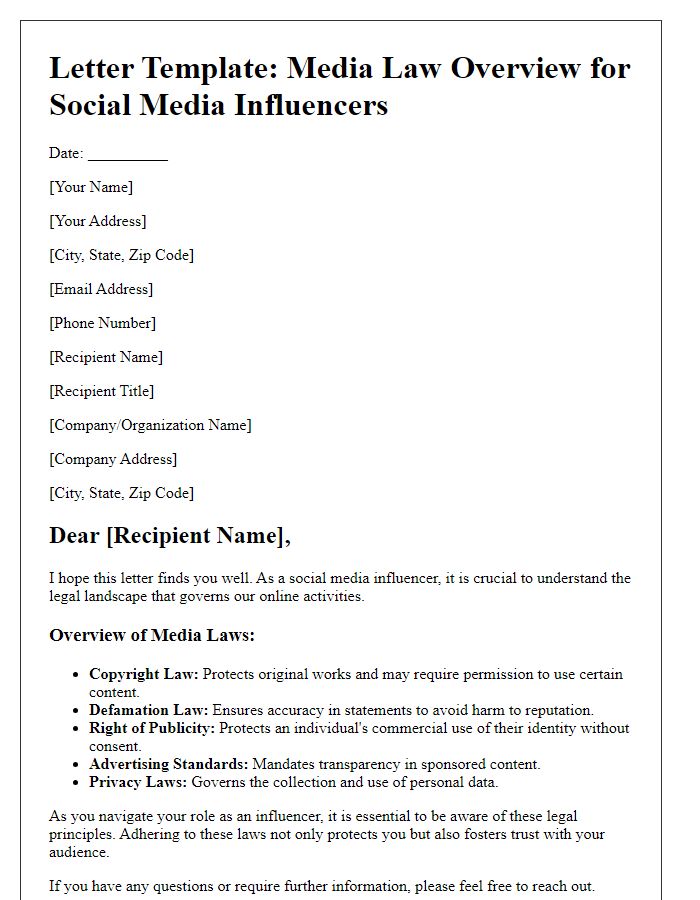

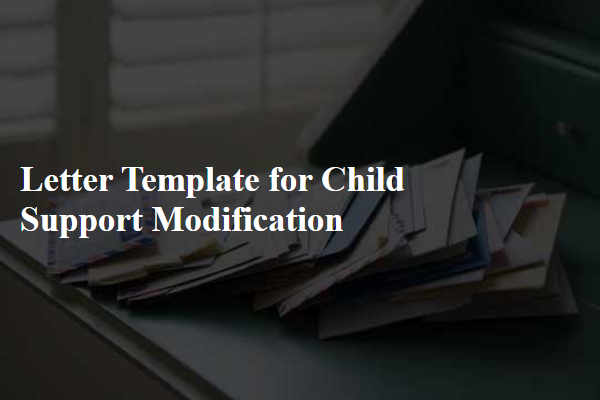
Comments